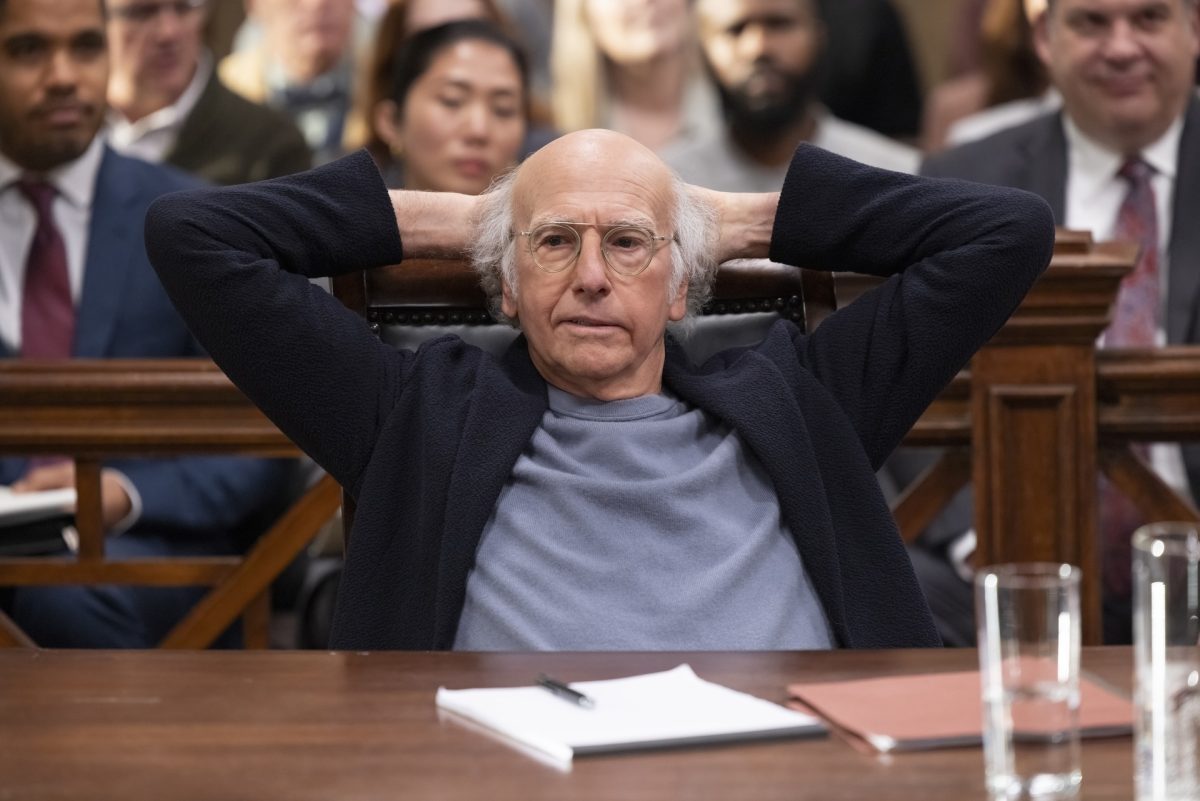Despite the Austin music scene’s illustrious history, it has been harboring fundamental flaws that stand to compromise the interests of the artists involved, the core of its reputation, and what it stands for.
In October 2010 at the Austin Film Festival, Nathan Christ premiered “Echotone,” his documentary on the current state of the Austin music scene. The film came at an appropriate and pivotal time. The changes in Austin music are becoming increasingly apparent, and not necessarily for the better. While there have been crippling changes like the development of downtown city living and the subsequent live music ordinances, the most detrimental obstacles don’t come from an external entity but from within the music scene itself.
A major source of the problem can be attributed to greed.
This applies specifically to Run This Town, a hip-hop battle format that began as the brainchild of Austin rapper Doc Deuce. The group initially met and battled in front of the Capitol before moving to local venues. Events such as these might provide performers with a platform, but tend to benefit only the founding artist, not the collective interests of local musicians.
The blame by no means falls on Doc Deuce alone, but on a number of artists conducting similar events solely for their own purposes.
The local music industry functions like a free market economy and like any market that goes unregulated, it will die by its own hand. While in theory the city has taken measures to account for this through its creation of the Austin Live Music Task Force and the Austin Music Commission, these institutions have either become defunct or have not achieved any substantial results.
Additionally, becoming huge isn’t as easy as simply wanting it because the local scene is saturated with musicians, and playing for free to get exposure yields no profit. Even in the case of the relatively successful Black Joe Lewis & The Honeybears (featured in Echotone), who have achieved national acclaim, making a living remains a fantasy. Front man Joe Lewis still works for a fish-delivery service. Such is the case of virtually every artist in Austin. A very select few have managed to fully support themselves financially with their music careers.
Another contributing factor to the destruction of Austin’s music scene is the corrosive role played by labels throughout the process.
Subsequently, talented, deserving musicians fall by the wayside for the purpose for the advancement of a corporation’s profit margins. Such is the case of local group Sound Team in “Echotone.” After signing to EMI and releasing an album to critical acclaim, the band was confined to obscurity by the exorbitant prices EMI charged for the group’s record, Movie Monster. Touted as the next Radiohead in “Echotone,” Sound Team was never able to achieve the success or recognition they deserved because of the corrupt corporate structure looming over the music industry.
Austin is, and for a number of years has been, heralded as The Live Music Capital Of The World, a reputation that it has been proud to have and that has become a defining aspect of the city. Unfortunately, certain issues could get in the way of Austin maintaining such a reputation.




















